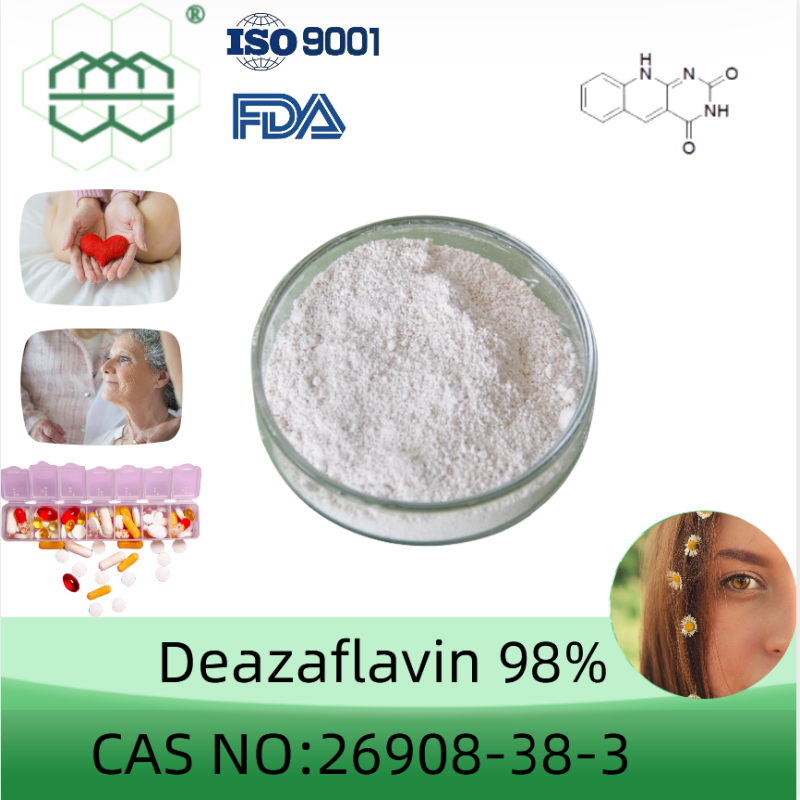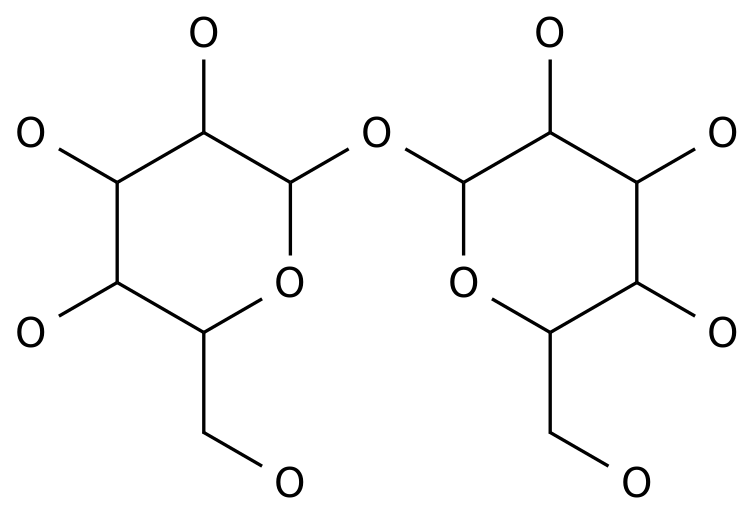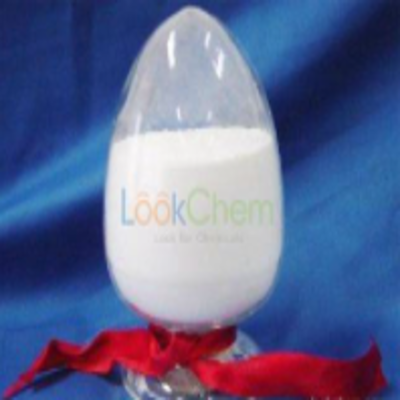What are the prohibited food additives
-
Last Update: 2017-07-09
-
Source: Internet
-
Author: User
Search more information of high quality chemicals, good prices and reliable suppliers, visit
www.echemi.com
Introduction: a lot of food additives are harmful to the body and are prohibited by the state Here is an introduction to the prohibited food additives Since the event of toxic milk powder, the state has issued a ban on the use of relevant food additives What are the prohibited food additives? Tonyred 1 Sudan red is not a food additive, but a chemical dye Its chemical composition contains a compound called naphthalene, which has azo structure Because of the nature of this chemical structure, it has carcinogenicity, and has obvious toxic effect on human liver and kidney organs It belongs to chemical dyestuff, mainly used in petroleum, engine oil and some other industrial solvents, with the purpose of adding color to it, and also used for adding luster to shoes, floors, etc Sudan red includes Sudan Red 1, Sudan Red 2, Sudan Red 3 and Sudan Red 4 They are generally insoluble in water and easily soluble in organic solvents They can be called food extracted by acetonitrile and filtered The filtrate is analyzed by reversed phase high performance liquid chromatography Qualitative and quantitative detection are carried out by UV-Vis detector with variable wavelength The State prohibits the addition of Sudan red in food processing Illegal traders mainly use Sudan red in pepper products (food) such as chili powder and other foods that need to be colored, such as dyeing, coloring, coloring, color preserving or feeding ducks and poultry to prepare red heart eggs To identify Sudan red, we can see whether it is soluble in water, soluble in water, soluble in organic solvents such as chloroform, etc 2 Hanging white block (Forbidden) Industrial chemical name: sodium bisulfite formaldehyde or formaldehyde combined with sodium bisulfite, commonly known as "hanging white block", also known as "carving white block", the main ingredients are: sodium bisulfite formaldehyde, white block or crystalline powder, which is an industrial bleaching agent It has strong reducibility and is used as bleaching agent in industry In the process of food processing, formaldehyde is produced from the decomposition of opal, which can make the protein coagulate and make the protein lose its activity Eating food mixed with white lumps will damage the skin, mucosa, kidney, liver and central nervous system, and even lead to cancer and deformity After eating it, people will suffer from allergies, intestinal irritation, food poisoning and other diseases In serious cases, people's eyesight will be affected and may cause cancer, even life-threatening Because of its obvious bleaching and antiseptic effect on food and its low price, it has been used for a long time by illegal businesses in food processing The State prohibits the addition of hanging white pieces in food processing Illegal traders mainly use them in noodles, rice flour, pasta, rice flour, vermicelli, vermicelli, beancurd skin, beancurd, brown sugar, rock sugar, lotus powder, flour, bamboo shoots, tremella, ox blinds, blood tofu, seafood and other foods to whiten, enhance color, preserve freshness, increase taste and prevent corrosion, so as to make the appearance of the food bright and beautiful, Prolong the shelf life and increase the toughness of the food, so that the food can not be cooked for a long time and tastes delicious 3 Formaldehyde for industrial use (Forbidden) Commonly known as: formalin, is an industrial bleaching agent Formaldehyde is a colorless gas, soluble in water, with a strong pungent smell Usually 35% to 40% formaldehyde solution is called "formalin", which has antiseptic effect and is used to soak pathological sections and human and animal specimens The State prohibits the addition and use of formaldehyde in food processing Illegal traders mainly use formaldehyde in dried aquatic products, such as sea cucumber and squid, aquatic products, aquatic products, and vermicelli, beancurd, noodles, beer, brine, pickled food, blood products and other foods for strong sterilization, antisepsis, whitening, white bleaching, coagulation, shaping, and improving appearance and texture 4 Borax (Forbidden) Industrial chemical name: sodium boroacetate, with high toxicity, is a toxic chemical raw material The State prohibits the addition and use of Borax in food processing Illegal traders use borax in meat products such as noodles, dumpling skin, zongzi, pastries, cold noodles, cold skin, meatballs, etc., and in foods such as beancurd to increase gluten, strengthen gluten, increase elasticity, crisp pine, fresh and tender, and improve taste Nowadays, many foods have food additives, so what is food additives? In fact, food additives are synthetic or natural substances added into food to improve the quality of food such as color, fragrance and taste, as well as the needs of antisepsis and processing technology Some food additives are harmful to human body, but China's food safety detector can accurately check whether the food is safe or not, and whether there is excessive use of additives, so that we can eat food more safely If you want to know more about food additives, please go to Baibai safety net Editor in charge: he xianrob
This article is an English version of an article which is originally in the Chinese language on echemi.com and is provided for information purposes only.
This website makes no representation or warranty of any kind, either expressed or implied, as to the accuracy, completeness ownership or reliability of
the article or any translations thereof. If you have any concerns or complaints relating to the article, please send an email, providing a detailed
description of the concern or complaint, to
service@echemi.com. A staff member will contact you within 5 working days. Once verified, infringing content
will be removed immediately.







